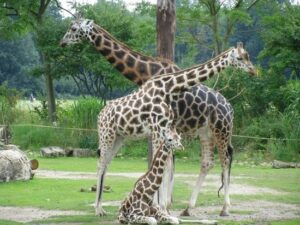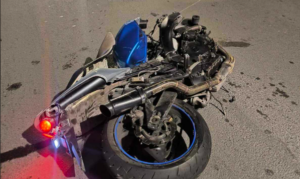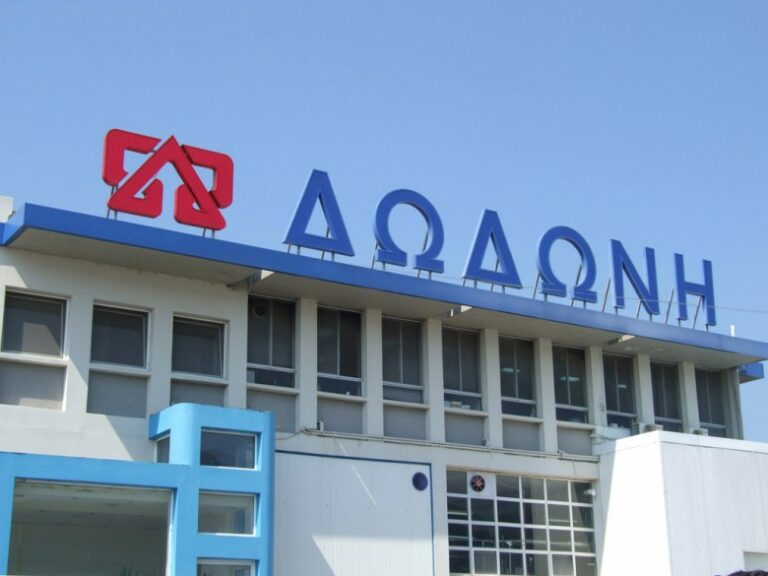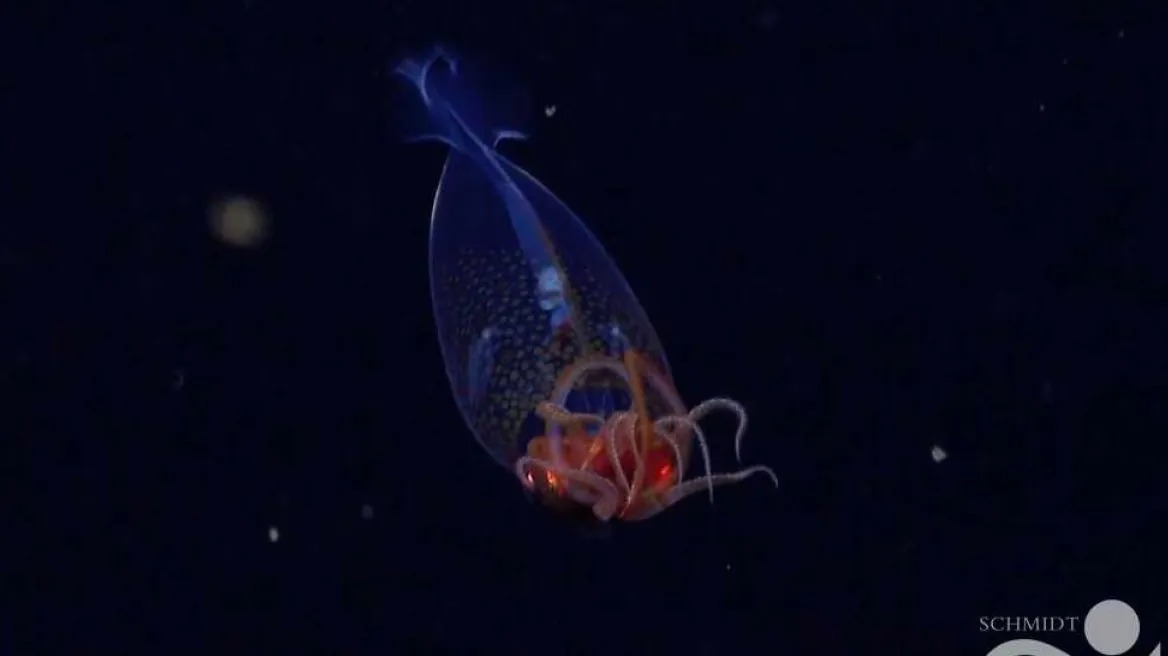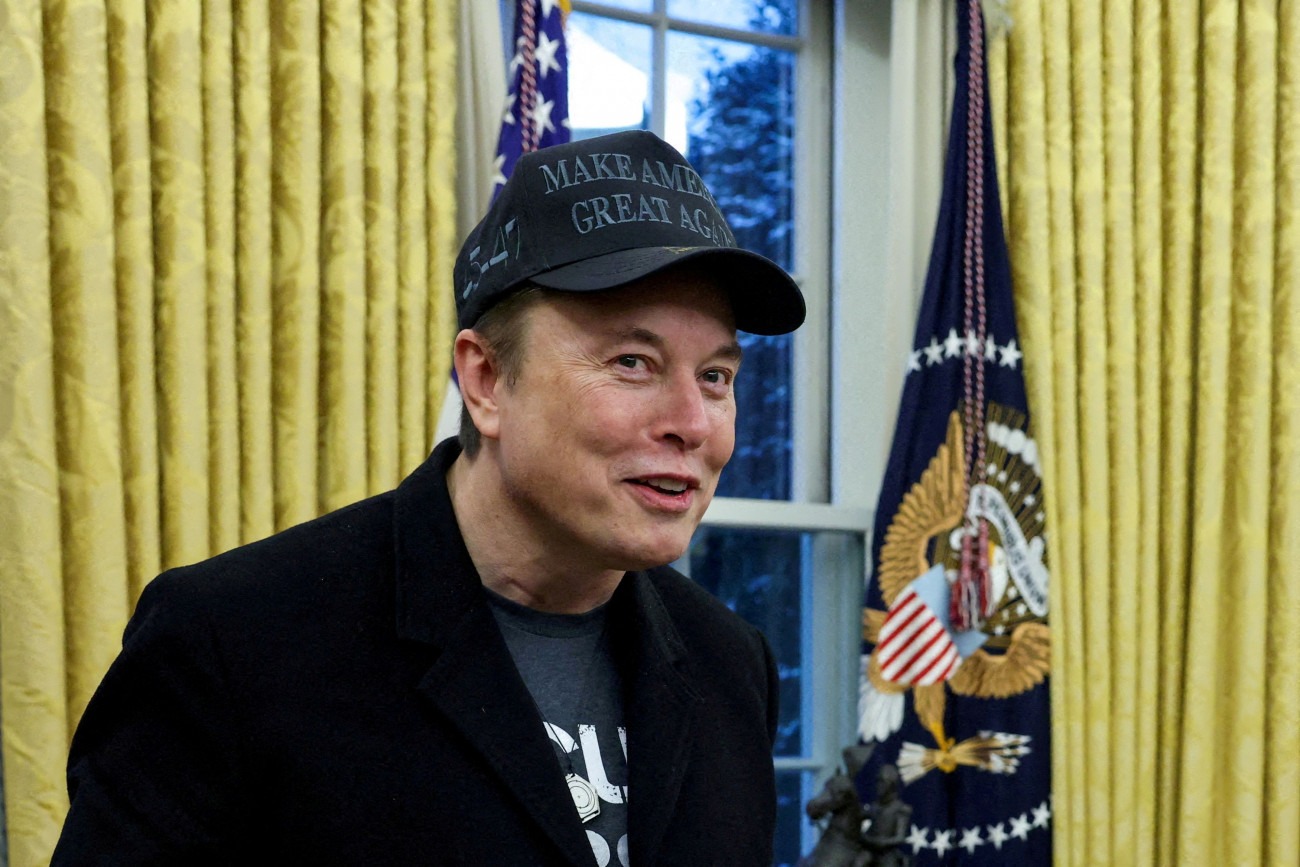A European Parliament’s Intergroup on the Welfare and the Conservation of Animals is monitoring implementation of the zoos directive, as part of efforts to promote animal welfare.
The EU adopted in 1999 the Zoos Directive to strengthen the role of zoos in the conservation of biodiversity and the protection of wildlife. Animal welfare is a major consideration in this legislation, even if it is not the main objective.
The Directive establishes a compulsory and centrally regulated licensing of zoo facilities in the EU and outlines the conservation, education or research conditions that the zoos need to fulfill to obtain a license. MEPs discussed an evaluation report published by the European Commission published late last year on the directive and its impact.
This found that the education and public awareness objectives have generally been achieved but only partly the conservation measures.
The evaluation points out shortcomings in the licensing systems. Inspections are often carried out by veterinary services with limited knowledge on animal husbandry. Few penalties and closures of zoos take place despite the existing breaches of the Directive, including in already licensed zoos.
Follow up actions by the Commission to improve implementation of the legislation include better coordination between the local, regional and national authorities, as well as the development of an information-sharing platform and training modules for national management authorities
Ilaria Di Silvestre, Wildlife programme leader from Eurogroup for Animals, told MEPs that this Directive is important for the protection of wild animals in captivity as it is the only EU legislation addressing their biological needs and their welfare.
Ilaria Di Silvestre, Wildlife programme leader from Eurogroup for Animals, told MEPs that this Directive is important for the protection of wild animals in captivity as it is the only EU legislation addressing their biological needs and their welfare.
Moreover, the Directive requests the sharing of information and data related to species conservation. It has also helped to prevent the opening of new small zoos by amateurs without the knowledge and resources to ensure proper care for the animals.
However, progress is not yet sufficient. Too many zoos are still keeping animals under sub-standard conditions.
The Commission evaluation also found out that only up to 35% of threatened species are present in the EU zoos. In addition, zoos only take a marginal role in the important task of rescuing, relocation and rehoming animals, for example in case of confiscation from illegal trade, mistreatment or closing of circuses. Licences are also delivered to facilities with practices contrary to the conservation objective of the Directive, such as using animals in performances.
To improve the implementation of the Directive, Ilaria Di Silvestre stressed the importance of the dissemination of the Good Practices document in all Member States and welcomed the decision of the Commission to translate it in the upcoming months. She highlighted the need for harmonized standards to improve the well-being of animals in captivity, the development of a responsible management plan for zoo animal populations, and the creation of a protocol to assist competent authorities in phasing out unlicensed zoos.
After the presentation, the Intergroup members discussed the current situation and potential solutions. Among others, they addressed the issue of enforcement.

